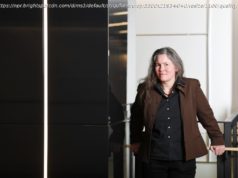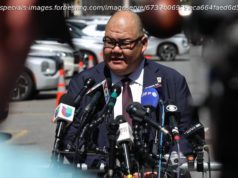Former Starbucks CEO Howard Schultz announced Sunday that he is “seriously considering” running for president as a “centrist independent” in 2020. Democrats from across the political spectrum reacted with a near universal sentiment: Don’t do it.
Despite that 40% of Americas identify as independent according to a CNN poll released in January, Mook added that there is a “huge difference between people calling themselves independents, or even saying they want to support and independent candidate, and actually voting for one.”
And the numbers back that up: When those who don’t identify as Democrat or Republican are asked how they lean, just 10% really identify as true independents with no affiliation or tendency toward one party over the other.
Democrats believe a Schultz bid would be a coup for Trump, especially if it pulled independent voters away from the eventual Democratic nominee and split the anti-Trump vote that has risen since his election in 2016.
Former Housing and Urban Development Secretary Julian Castro, who announced he was running for President as a Democrat earlier this year, told CNN’s Jake Tapper on “State of the Union” Schultz’s possible bid would give Trump the “best hope of getting re-elected.”
Trump’s “only hope… is essentially to get somebody else, a third party to syphon off those votes,” Castro said. “I would suggest to Mr. Schultz to truly think about the negative impact that might make.”
The United States has a long history of independent candidates running for President, but few have ever come close to winning, especially in recent years as Democrats and Republicans have dominated the two-party system. Ross Perot ran as an independent in 1992, winning close to 20 million votes but no votes in the electoral college.
But their biggest impact is the sense that third party candidates play the role of spoiler. Some Republicans believe Perot cost former President George H. W. Bush the presidency in 1992 by making President Bill Clinton’s path to the White House easier.
Home
United States
USA — Science Howard Schultz's potential 2020 bid gives Democrats a double shot of unease






